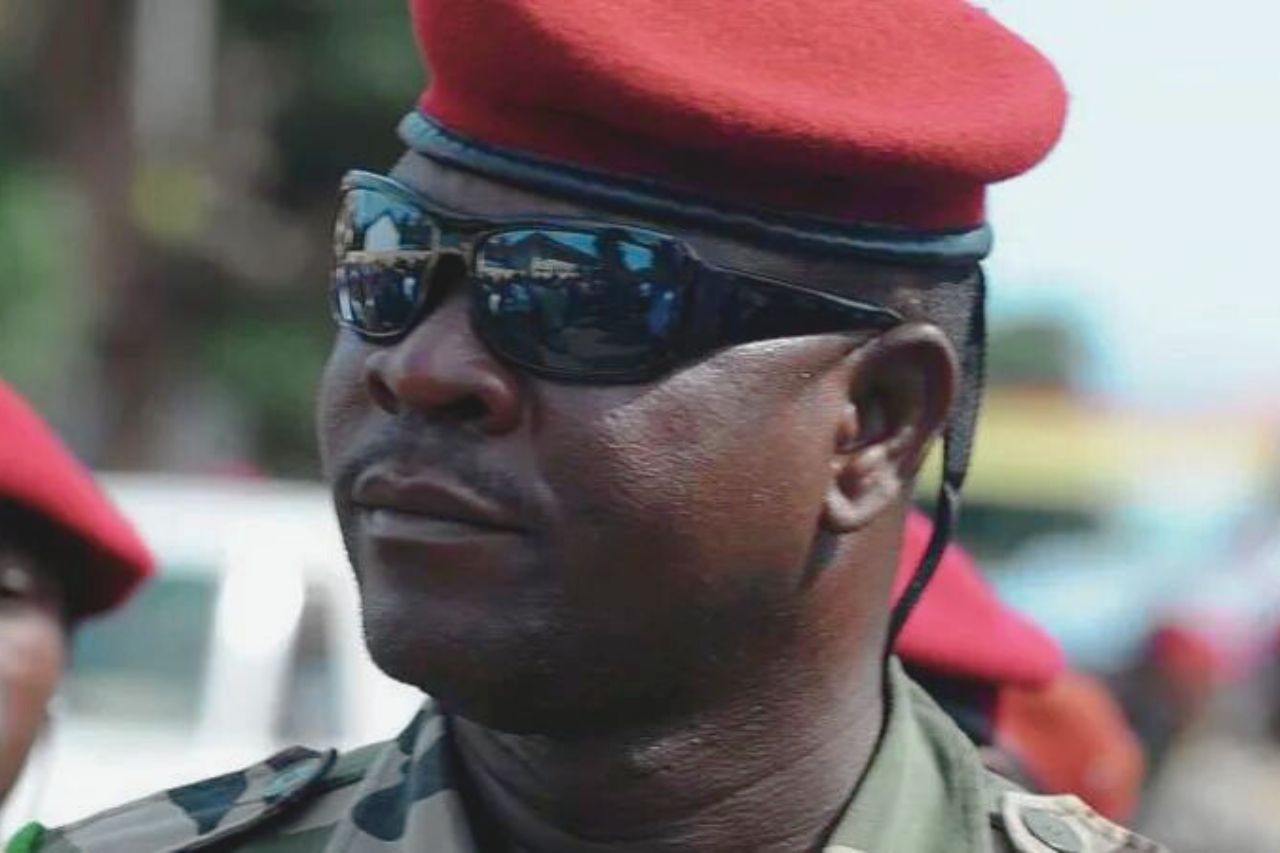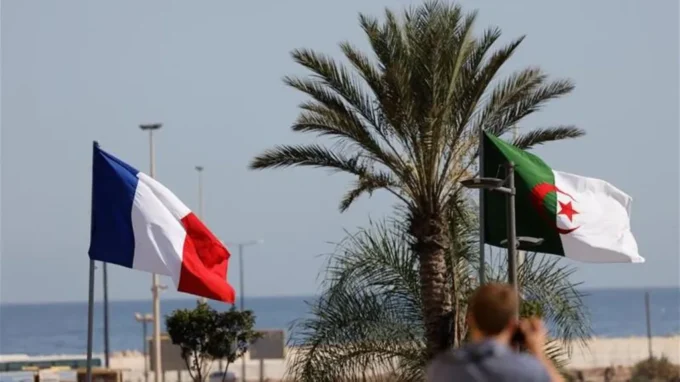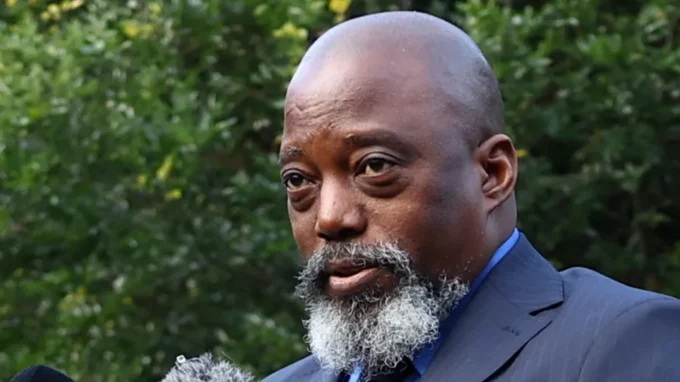Guinea’s former military officer, Claude Pivi, who escaped from prison last November, has been extradited from Liberia alongside his son, Verny Pivi. Claude Pivi, convicted in absentia for his role in the 2009 massacre of opposition supporters in Conakry, was arrested at the Liberian border during a routine security check.
Pivi, also known as “Coplan,” served as minister of presidential security during Moussa Dadis Camara’s regime, under which over 156 people were killed and numerous women raped at an opposition rally. The massacre occurred when troops opened fire on civilians demanding a return to civilian rule. Pivi’s son, Verny, is accused of orchestrating his father’s prison break.
Photos of Pivi looking frail in handcuffs circulated widely after the arrest, raising concerns about his health. His lawyer, Abdourahmane Dabo, expressed alarm over Pivi’s weakened state. Despite these concerns, Pivi has been returned to Conakry’s main prison to serve his life sentence.
The 2009 massacre remains one of Guinea’s darkest chapters, with victims still seeking justice. Among those affected, Fatoumata Diariou Camara expressed joy over Pivi’s recapture, stating that she hoped he would remain imprisoned permanently.
Pivi’s arrest is part of broader efforts to bring accountability to Guinea’s turbulent political history. Moussa Dadis Camara, the ex-military leader also convicted for crimes against humanity related to the same massacre, was briefly freed during the prison break but quickly recaptured. Camara is currently serving a 20-year sentence for his role in the atrocity.
The Guinea government had placed a bounty of $58,000 for Pivi’s capture, signaling the importance of his recapture in ensuring justice for the victims of the 2009 massacre. His return to prison is seen as a significant step toward addressing long-standing grievances and ensuring that key figures in Guinea’s violent past are held accountable for their actions. As Pivi begins serving his life sentence, the government faces mounting pressure to prevent further incidents of prison escapes and maintain stability during this sensitive period.
This high-profile extradition has renewed focus on Guinea’s justice system and its ability to address the legacy of military rule, human rights violations, and the need for greater security reforms. While the immediate chapter surrounding Pivi’s escape may be closed, the broader quest for justice in Guinea continues, with victims and civil society pushing for a full reckoning with the country’s troubled past.
With Pivi’s return to custody, the path to lasting peace and reconciliation remains long, but for the victims of the 2009 massacre, the fugitive’s recapture represents a critical moment of accountability in Guinea’s history.














Leave a comment